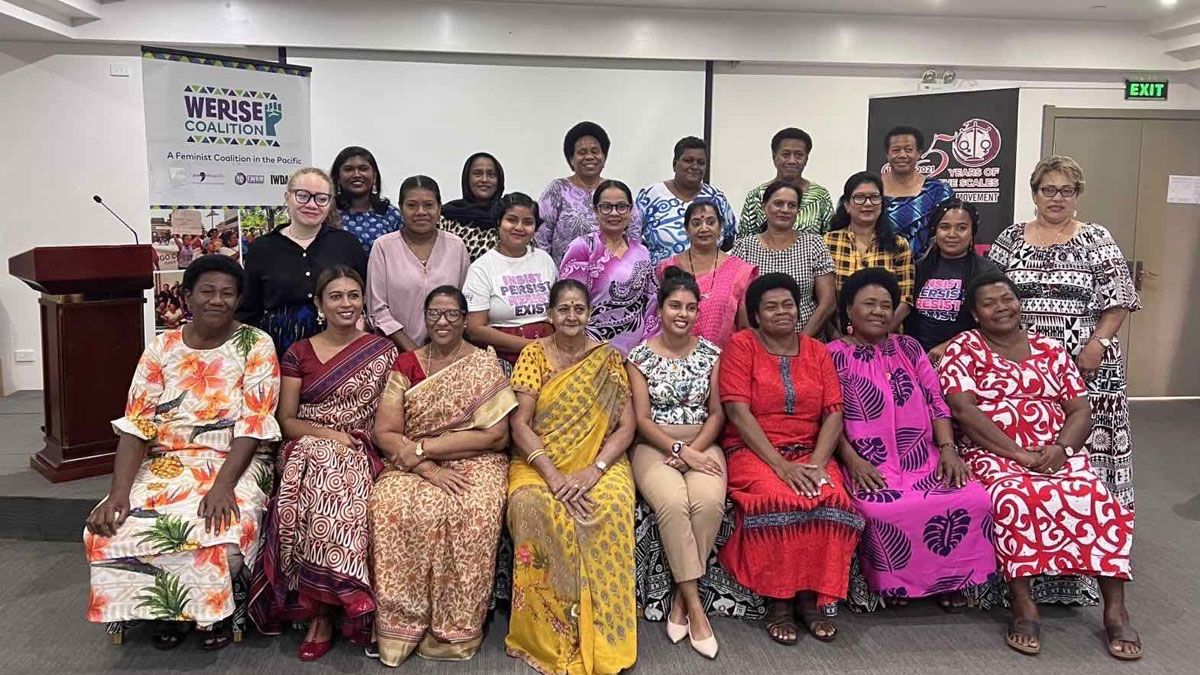
It takes a woman an average of 868 days or about 2 and a half years to access justice from the first time they experience violence and one of the reasons for this delay is lack of awareness on formal justice sector agencies and pathways, according to the Fiji Women’s Rights Movement’s Balancing the Scales: Improving Women’s Access to Justice Research Report 2017.
While hosting a three-day workshop on Fijian Women's Access to Justice – Know your Rights Community Leaders Workshop in Nadi, FWRM Executive Director Nalini Singh says the right to a life free from all forms of violence is a fundamental human right and yet many women and girls in Fiji continue to live in fear and violence.
She says the workshop is important in FWRM’s long-standing access to justice work with greater recognition of working more closely with rural women community leaders.
Singh says this is something that has come out clearly during their information sessions in the communities as the demand for this training and the urgency is overwhelming.
She adds FWRM has worked on the area of women’s access to justice over the period of three decades where they have lobbied for progressive legislative and policy reforms promoting greater gender equality and non-discrimination against women, including successfully lobbying for Fiji's Family Law Act (FLA) 2003.
The FWRM Director says despite some progressive legislation, underprivileged women continue to confront barriers to accessing institutions and services related to security, protection, and justice. She says with the increasing rates of violence experienced by women and girls every year, community-based partners have strongly suggested the great need for communities to understand the laws on domestic violence, crime and family law together with the pathways for access to justice and service providers.
She also acknowledged the support of the Australian government under the We Rise Coalition, in supporting their access to justice work for several years now and it is their hope that through this workshop, rural women leaders in the community have an in-depth understanding of the barriers women face in accessing justice, laws and policies, and the access to justice referral pathways for women and girls needing help.
DFAT Program Manager Gender (Bilateral) Sheron Narayan says supporting gender equality is important to the Australian Government and this is why we have continued to work with partners like the Fiji Women’s Rights Movement to address many of the topics outlined in this week’s workshop.
She says they hope that through participating in information sessions like this, people will be agents of change in their various communities and networks, for the promotion of women’s access to justice.
Stay tuned for the latest news on our radio stations

